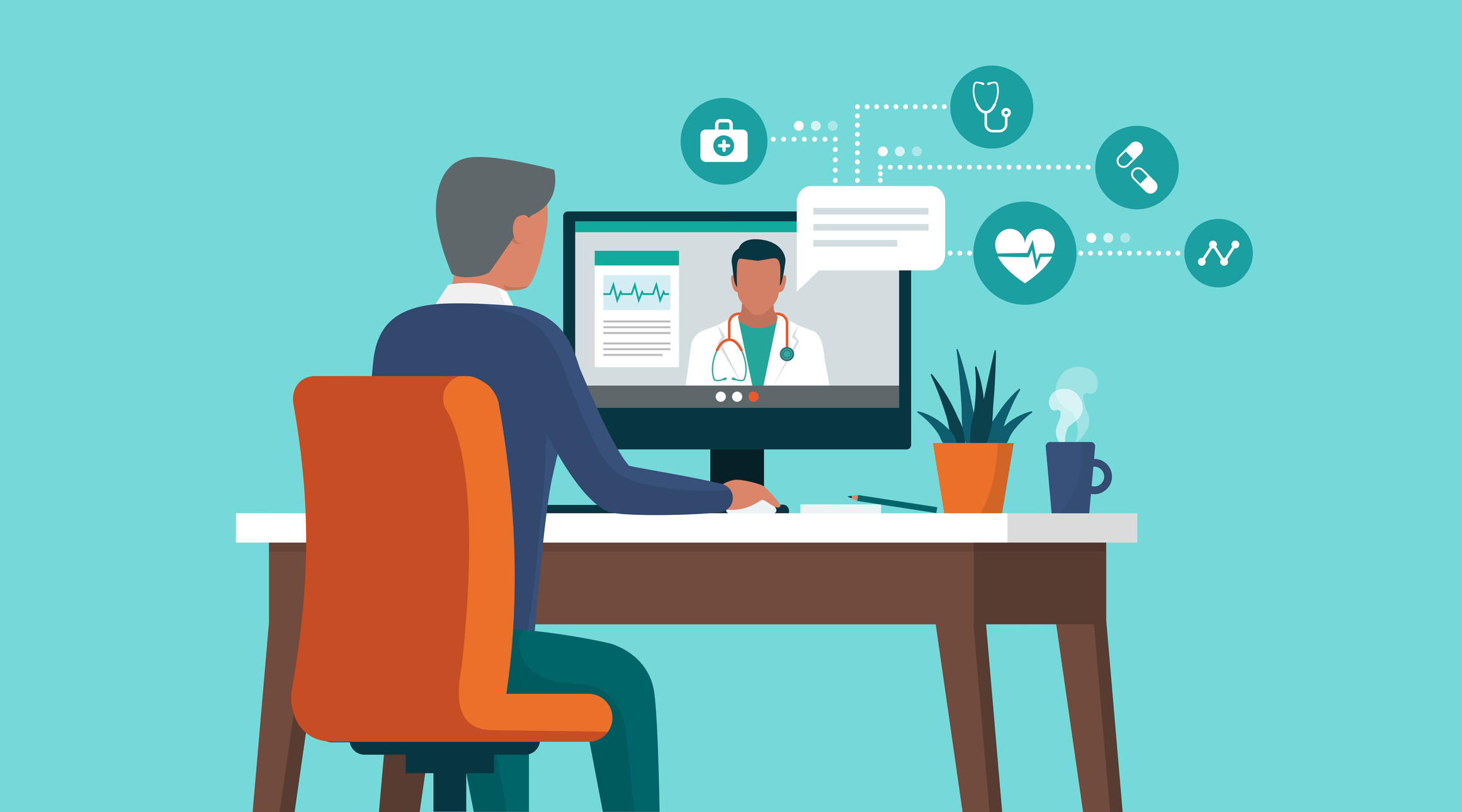If you didn’t know better, you might expect to sacrifice quality of care for convenience when choosing online medicine. As it turns out, the artificial intelligence (AI) technology used to increase efficiency of online medical services has proven safer and more accurate than real doctors.

What Data Shows About AI Accuracy
In 2018, United Kingdom health services provider Babylon Health published its findings that its AI technology compared favorably to real clinicians in making an accurate and safe diagnosis. When used as a triage and diagnostic system, this AI technology beat the average accuracy and safety scores of practicing physicians by almost 10 percent, according to a paper published in conjunction with researchers from the Imperial College London’s School of Public Health, Stanford University’s School of Medicine and the Northeast Medical Group of Yale New Haven Health.
Babylon’s AI got a score of 81 percent on the Membership of the Royal College of General Practitioners exam, an exam doctors in the UK must pass to practice as a GP. That’s nearly 10 points above the 72 percent average pass mark for real physicians over the past five years, the Association for Computing Machinery reported.
The technology continued to impress when tested on reaching accurate diagnoses based on 100 vignettes detailing patients’ symptoms. Babylon’s AI achieved an 80 percent accuracy rate overall and a 98 percent accuracy rate for conditions most frequently seen in primary care settings. Accuracy rates among doctors who took part in the study ranged from 64 to 94 percent, with some scores as low as 52 percent for the most common primary care conditions. AI also achieved better a better safety score than the physicians, 97 percent compared to a 93.1 percent average score.
AI’s Role in Online Medicine
Even in online medical systems like Babylon Health, AI doesn’t replace trained physicians. Instead, the technology assists them, coming up with differential diagnoses and sorting patients so that they get the help they need from a real doctor. These new results show that the technology can make medical care better and safer at the same time it makes healthcare more efficient and convenient.

